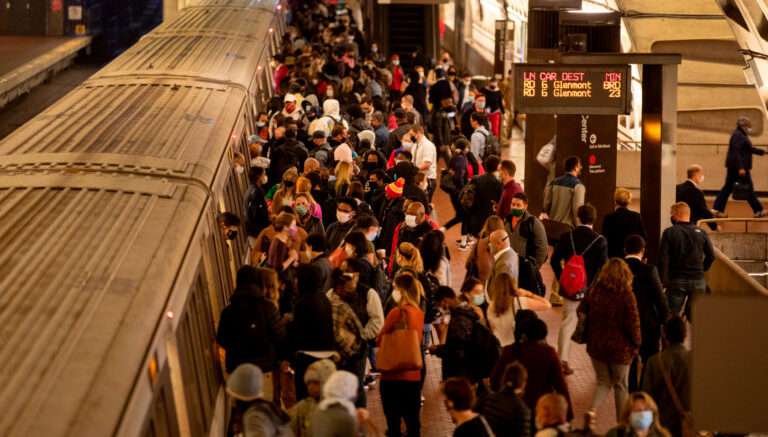In a recently proposed budget, Metro officials outlined severe service cuts that could render the transit system unrecognizable and negatively impact the region’s economy. The proposed measures include across-the-board service cuts, closure of 10 Metro stations, earlier station closing times, elimination of nearly half of all Metrobus routes, fare hikes, layoffs, and salary and hiring freezes. The budget reflects a $750 million shortfall, and Metro aims to secure an additional $665 million in subsidies from D.C., Maryland, and Virginia to address the financial gap. The CEO emphasized the need for a healthy Metro and urged regional leaders to act.
Under the proposal, Metrorail stations might face closure, reduced service frequency, earlier station closing times, and elimination of nearly half of the bus routes, starting July 1. Metro officials emphasized the dire economic consequences, affecting hundreds of thousands of residents who rely on WMATA for work, events, and daily transportation. Public school students in D.C. could face increased difficulty getting to school, impacting efforts to address high chronic absenteeism.
In addition to service cuts, fare increases of 20% on both Metrorail and buses are proposed, with customers paying more for lower-quality service. The fare hikes would begin on July 1, and the CEO noted that fare collection alone would not resolve the budget challenges. Layoffs, wage freezes, and hiring freezes are also part of the proposed measures, aiming to save $38 million.
The budget’s success depends on securing increased subsidies from D.C., Maryland, and Virginia, with the total additional funding required being $665 million. Failure to secure these funds might lead to service cuts, layoffs, and drawing $253 million from the capital budget designated for repairs and modernization, jeopardizing safety and performance. Maryland and Virginia face legal restrictions on subsidy increases, and the budget proposal emphasizes the need for timely action to secure funding before the April 2024 vote on the 2025 fiscal year budget.

